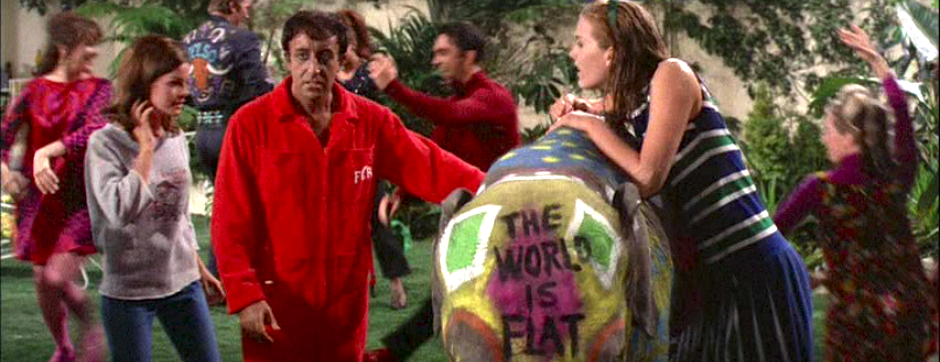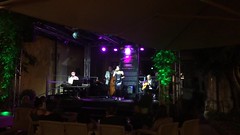I have tried lately to read Shakespeare, and found it so intolerably dull that it nauseated me.
— Charles Darwin
I was lately thinking of the importance of reading, being myself an avid reader: of both stories and essays, papers, etc. So I began reflecting on those who don’t read, whose living rooms are not filled with books. Those who read little or nothing at all, those who read only c-literature. Is it that important to **read**?
Then, a post by Odifreddi (the mathematician whose logic gave us such remarkable books as “Why we cannot be Christian”) hit me. In it, he writes about this idea of writer Alessandro Baricco (author of the great novel “Silk”) about our society being barbarized (ampong other causes, by the use of new networked technologies). Baricco sees the people who fill commercial centers as the people being barbarized, while Brin & Page, the creators of Google, are the new barbarians, those who are changing the world. Well, Brin & Page didn’t read Flaubert (the Classics) when they changed the world, because, well… because they didn’t have the time to read “invented stories“: they were too busy changing the world and producing knowledge.
Thus, he continues in his post (read it in an (approximate) English translation, courtesy of Google!), so happened with Newton, who entered a theatre just once -only to exit before the end!- or Darwin (who found Shakespeare “intolerably dull”), or all those “barbarians” who are committed to creating a new world. Odifreddi ends with this provocative reflection (again, translation by Google):
And then, more generally, is not there a risk that those who are accustomed to be told stories, eventually become easy prey to the storyteller?
NB: Aquí hay una buenísima entrevista de Odifreddi a El País, de 2008.




